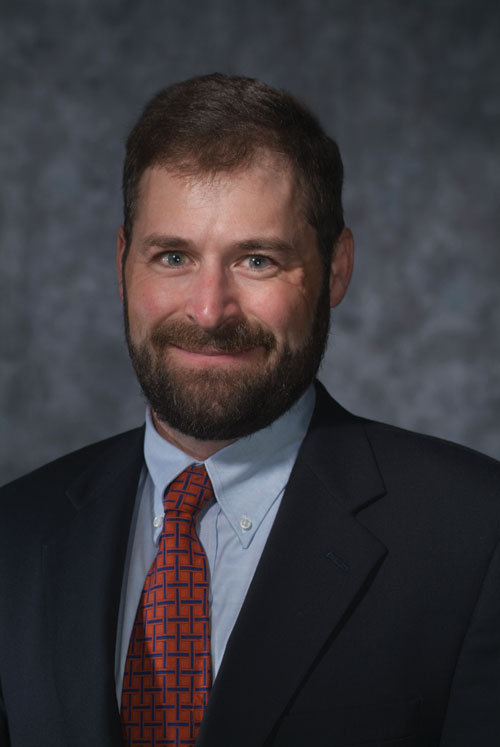FAYETTEVILLE, Ark. – An evaluation of a school voucher program in Milwaukee showed that high school students who had used the vouchers for tuition at private schools were more likely to complete at least one year of college and start a second year than similar students who attended public high schools.
“Our study strongly suggests the private schools accepting vouchers did a good job of preparing students for college,” said Patrick Wolf, a University of Arkansas researcher. “They are not filling students and their parents with false hope.”
Students who used vouchers in Milwaukee’s citywide voucher program to attend private schools were 6 to 7 percent more likely to persist in college than a comparable group of public school students, the evaluation showed. The students who used vouchers were also more likely to graduate from high school than comparable public school students, results that were similar to those reported recently by Wolf and his team from their evaluation of a Washington, D.C., voucher program.
Most evaluations of school choice programs have focused on the performance of students on standardized tests. However, reaching a given level of schooling such as a high school diploma, enrollment in postsecondary education or earning a bachelor’s degree are also important measures of success, Wolf said.
“The great thing about this study is we were able to follow older students all the way into college,” he said. “The D.C. evaluation we also just completed ended when the students graduated from high school.”
The students enrolled in the voucher program in ninth grade in 2006 were carefully matched to students enrolled in Milwaukee Public Schools in that grade that year. The two groups were matched on neighborhood, initial test scores, race, gender and English language learner status and then tracked for six years through possible high school graduation and college enrollment.
Graduating from high school and attending college benefits not only the individual but also society in the form of lower crime and higher employment, Wolf noted. A total of 37 percent of the voucher students, compared to 30 percent of the public school students, enrolled and persisted in college. Thus, the 7 percentage point advantage for the voucher students represents an increase of 23 percent in the likelihood of a Milwaukee student attending and remaining in college.
The Milwaukee Parental Choice Program is the oldest and largest publicly funded urban voucher program in the United States. It began as a pilot in 1991 and has been expanded numerous times since then.
Wolf directs a team based at the University of Arkansas that has conducted multi-year evaluations of the Milwaukee and Washington voucher programs. Wolf, who holds the Twenty-First Century Chair in School Choice, co-authored an article about the Milwaukee results in the Policy Studies Journal with Brian Kisida, a research associate in the department of education reform in the College of Education and Health Professions, and three other authors who were members of the school choice evaluation team.
Contacts
Patrick Wolf, Twenty-First Century Chair in School Choice
College of Education and Health Professions
479-575-2084,
Heidi Wells, content writer and strategist
Global Campus
479-879-8760,
